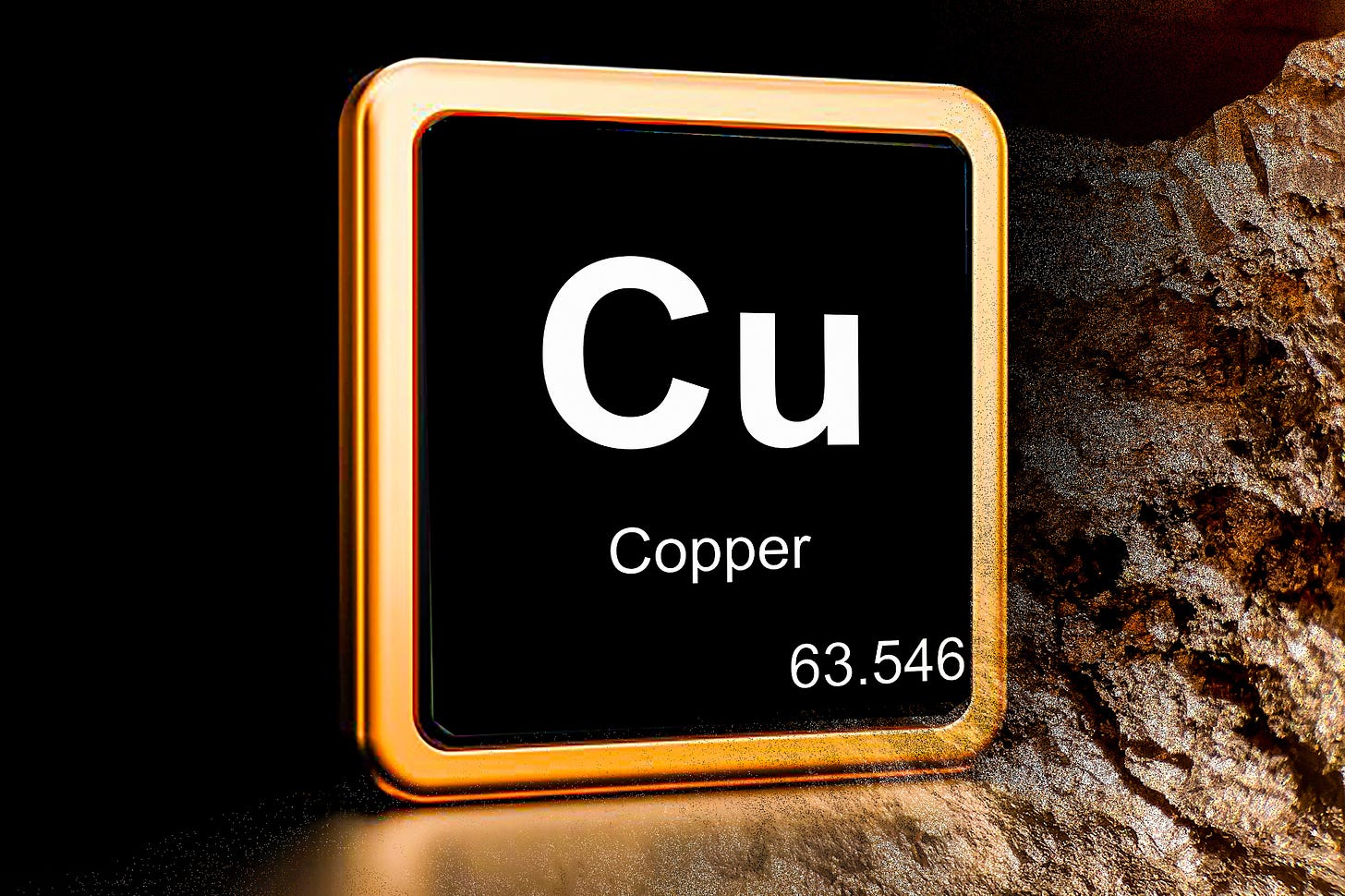Zambia hits copper jackpot with AI-powered exploration
The discovery in Zambia holds immense economic value for the country. The southern-central African country is ranked in 8th place globally with regards to copper production.
## The landmark discovery of potentially the largest and purest copper deposits in northern Zambia is a potential shot in the arm for the country's copper mining industry. It is also being touted as a major success for the application of AI in mineral exploration.
Lusaka, Zambia-Zambia’s mineral portfolio has received a major boost thanks to the discovery of the largest copper deposits ever recorded in the country, writes Bonface Orucho, bird story agency.
In an official statement posted on social media site X, on February 5, KoBold, an American startup backed by Bill Gates and Jeff Bezos, announced the discovery of vast copper deposits at their Mingomba mine in northern Zambia.
“Mingomba will be one of the world’s biggest high-grade, large copper mines. It is Kakula-scale in size and the core of it is >5% copper,” KoBold President Josh Goldman shared in the post. He draws a correlation to the Kamuo Kakula mine, which is in the DRC and is among the highest-grade copper mines globally.
In 2023, KoBold earmarked US$150 million towards the Mingomba project while undertaking more exploration at the site, with a target of building the site over 10 years.
At the 2024 Mining Indaba conference in Cape Town, Goldman further disclosed that due to the size of the reserves, the US$2 billion mine project associated with the find will be developed faster than initially projected.
ESI Africa News reported KoBold Metals Africa CEO Mfikeyi Makayi as saying the project would be expedited and could take off as early as 2027.
Notably, KoBold uses artificial intelligence in its exploration, creating what is effectively a “Google Map” of the earth's surface that allows the company to specifically target copper, cobalt, nickel and lithium.
The introduction and initial success of using AI in exploration on a continent where the majority of the minerals remain unexplored could be a game changer and could result in more landmark mineral discoveries in the future, according to the company.
Speaking at a panel discussion dubbed ‘AI, Automation and the African Context’, Goldman highlighted the critical role AI could play in catalyzing exploration on the continent.
“Countries are spending three times more today on base metal exploration but making 60% fewer discoveries. In short, a discovery costs eight times as much as it did three decades ago,” he explained.
“The only way we’re going to get better at finding ore deposits is by inventing better methods of exploration and that involves using modern cloud computing power, statistical techniques, and AI,” he added.
According to Reuters, KoBold is also exploring for lithium in Namibia and plans to start explorations for other minerals in the Democratic Republic of Congo where it will target cobalt.
The discovery in Zambia holds immense economic value for the country. The southern-central African country is ranked in 8th place globally with regards to copper production.
However, according to Bloomberg, the country has been witnessing a drop in production for 14 years in a row, threatening to hurt the economy, to which it contributes up to 15%, according to government projections.
Regardless, the government is keen to boost production to 3 million tons by 2031 from about 900000 tons produced in 2021, making the Mingomba project a critical stride in the achievement of the 2031 ambitions.
In his keynote address at the Mining Indaba Conference on Monday, President Hakainde Hichilema indicated the country is undertaking a national geological mapping program to better understand its mineral resource deposits.
“As the home with some of the world’s highest deposits of copper, Zambia recognizes our role in meeting this demand,” he explained.
“We have opened up the market to private sector players. We have also lined up infrastructure projects like the Lobito Rail Line to provide a smoother road to market,” he added.
McKinsey forecasts a surge in global copper demand, projecting it will hit 36.6 million tons by 2031, up from the current 25 million tons, driven by accelerating electrification worldwide.
bird story agency



